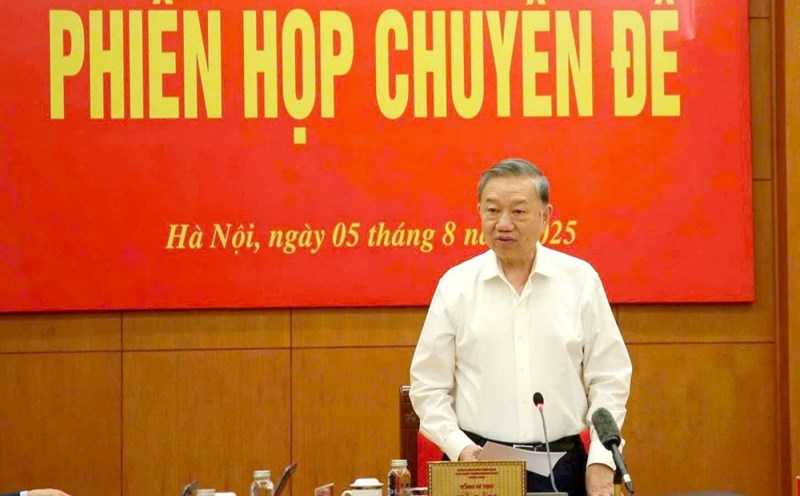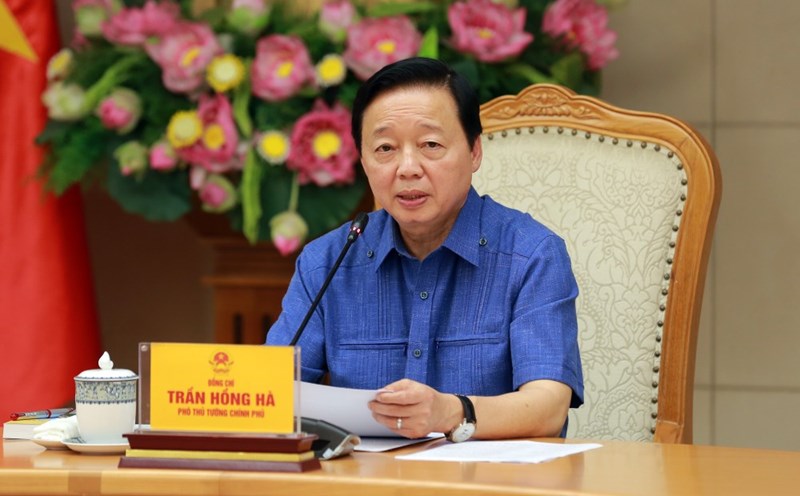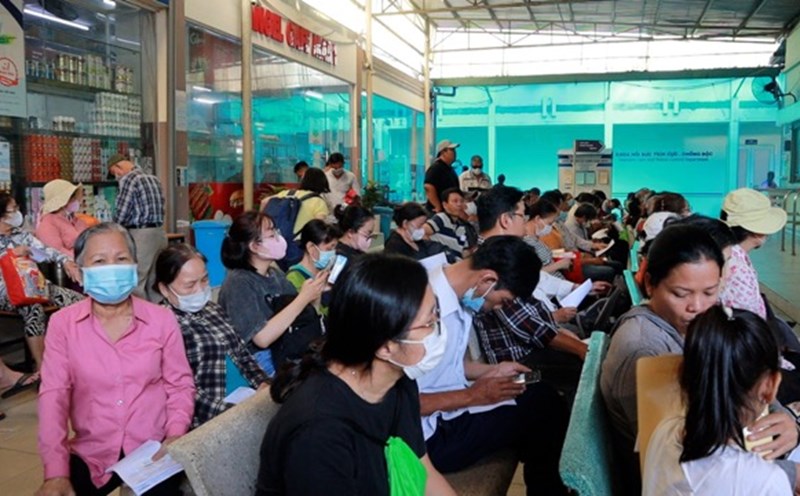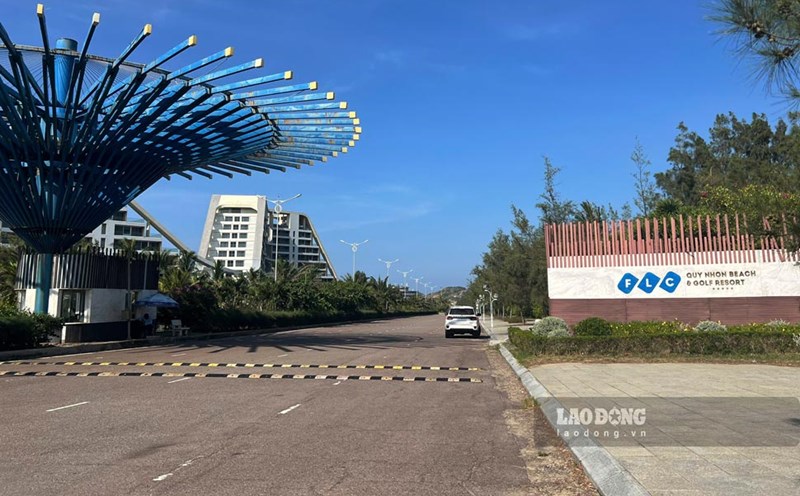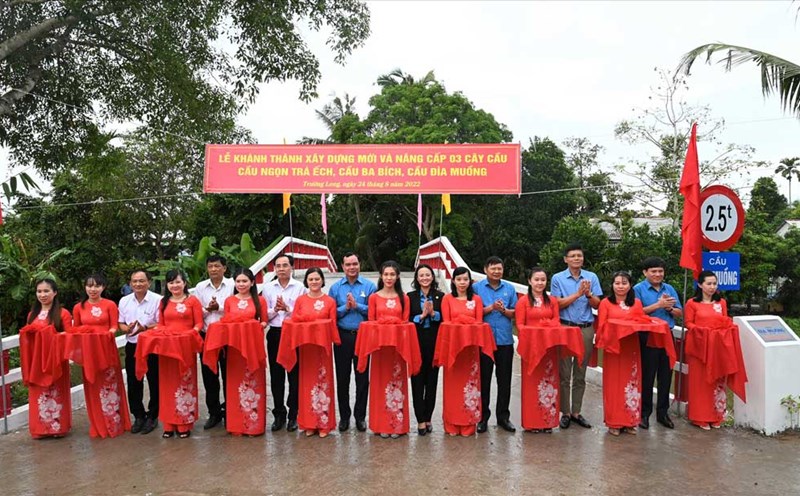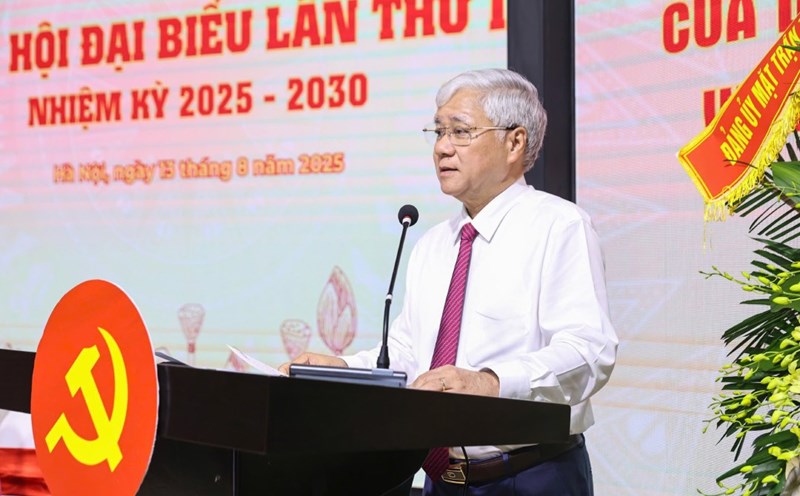On August 13, Deputy Prime Minister Tran Hong Ha chaired a live meeting, combined with a national online meeting to give opinions on the draft Land Law (amended).
Referring to some major contents raised in the process of drafting the Land Law (amended), the Deputy Prime Minister said that, first of all, it is necessary to consider and ensure the relationship and close linkage between land use planning, provincial planning with urban and rural construction planning, ensuring to avoid duplication, overlap, and waste of resources.
The regulation on land recovery must ensure the rights of the people on the basis of separation between cases of State recovery and cases of self-agreement.
The conditions for recovery need to be limited within the State scope, avoiding abuse; at the same time, if the recovery is expanded for national and public interests, it must be narrowed in other areas to balance benefits.
Regarding the real estate market, the Deputy Prime Minister suggested carefully studying the regulations to "open the door selectively", allowing scientists, businessmen, and foreigners to access real estate outside limited areas, but still ensuring national defense and security requirements.
Land valuation needs to be steadfast in the principle of "one price" decided by the State and applied consistently in all transactions. The adjustment of land prices for policy beneficiaries should be assigned to localities to ensure both fairness and socio-economic efficiency.
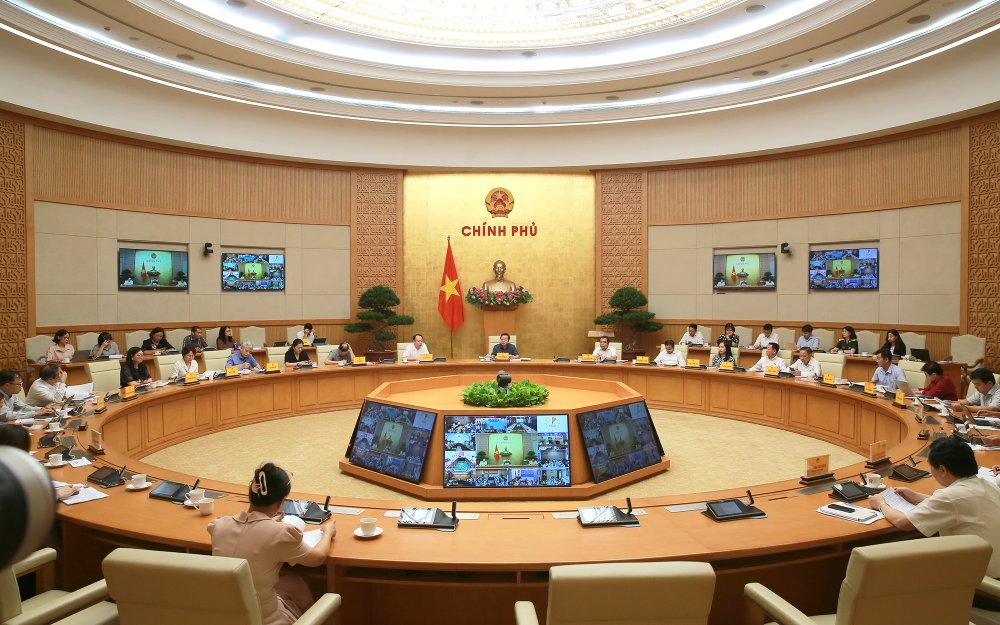
The Deputy Prime Minister suggested that the drafting agency must closely follow the view that land is a special resource, owned by the entire people and represented by the State.
In particular, it is necessary to specifically identify the role of the commune, provincial and central levels in land management, clearly decentralize to avoid problems and overlaps, ensure a unified but flexible operating mechanism, especially in planning, strategy and valuation stages.
Regarding land access policies, the Deputy Prime Minister pointed out that the major problem is not clearly distinguishing between auctions (selling land use rights to the highest bidder) and bidding (sealing investors to implement projects with optimal efficiency, low prices but meeting requirements).
Auction is a specific benefit, bidding is a comprehensive benefit, the Deputy Prime Minister said and requested that the draft Land Law (amended) clearly stipulate criteria for each form of auction and bidding, with the viewpoint of economic growth based on investment efficiency on land.
Regarding land finance policy, the Government leader affirmed the need to apply a unified land price list, adjust prices according to market data while the land price coefficient remains unchanged if there is no new policy decision.
The Ministry of Finance needs to be steadfast in the principle that real estate tax should be spent on abandoned land, projects behind schedule, completed houses left vacant, and not spent on projects using a lot of land for development.
Regarding land and real estate projects that are stuck, the Deputy Prime Minister requested that the draft law must have legal tools to resolve them thoroughly, avoiding waste.
In particular, when expanding the State's decision-making rights on land, it is necessary to ensure the rights of the people.


